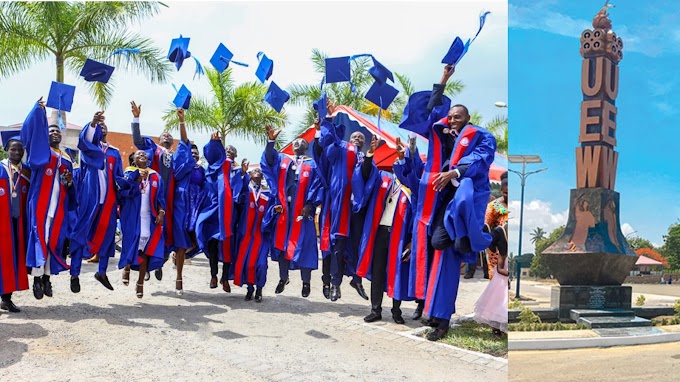Accra, Ghana – Maame Akua Donkor, the founder and leader of the Ghana Freedom Party (GFP), passed away at 83 after a brief illness at Ridge Hospital in Accra. Her passing marks the end of an era for a leader who rose from humble beginnings to become an outspoken advocate for the rural poor and a distinct figure in Ghanaian politics.
Born in February 1952 in the Afigya Kwabre District of the Ashanti Region, Akua Donkor grew up in a modest farming family. Lacking formal education, she began her life working as a cocoa farmer. This hands-on experience, coupled with her deep understanding of agricultural challenges, defined her focus on grassroots issues.
In the early stages of her public life, Donkor served as an assemblywoman in the Herman area, a role that gave her a platform to address pressing concerns in her community. She became known for her candid and unapologetic voice, often addressing issues many politicians overlooked. Her efforts brought attention to the needs of rural areas, highlighting the struggles of farmers, market traders, and other marginalized groups.
In 2012, Akua Donkor made history by founding the Ghana Freedom Party, aiming to create a political alternative for Ghanaians that focused on improving conditions for the rural population. As the party’s presidential candidate, she championed policies like free education and affordable healthcare, advocating for a government that addressed the needs of all Ghanaians, regardless of social class. Although she did not succeed in her presidential bids, her involvement broke barriers for women in politics and emphasized rural-focused policies in Ghana’s national conversation.
Her outspoken nature often put her at odds with other politicians, but it also garnered her a strong following among those who saw her as a voice for the underserved. She remained an independent thinker in Ghana’s political landscape, rarely shying away from controversy if it meant standing up for her beliefs.
Maame Akua Donkor’s legacy endures through the Ghana Freedom Party and the awareness she raised about the importance of rural issues. She remains an inspiring figure for young women and rural advocates, proving that determination and a dedication to one’s roots can influence national discourse.
Her passing is a significant loss for Ghanaian politics, particularly for the communities she so passionately served.









